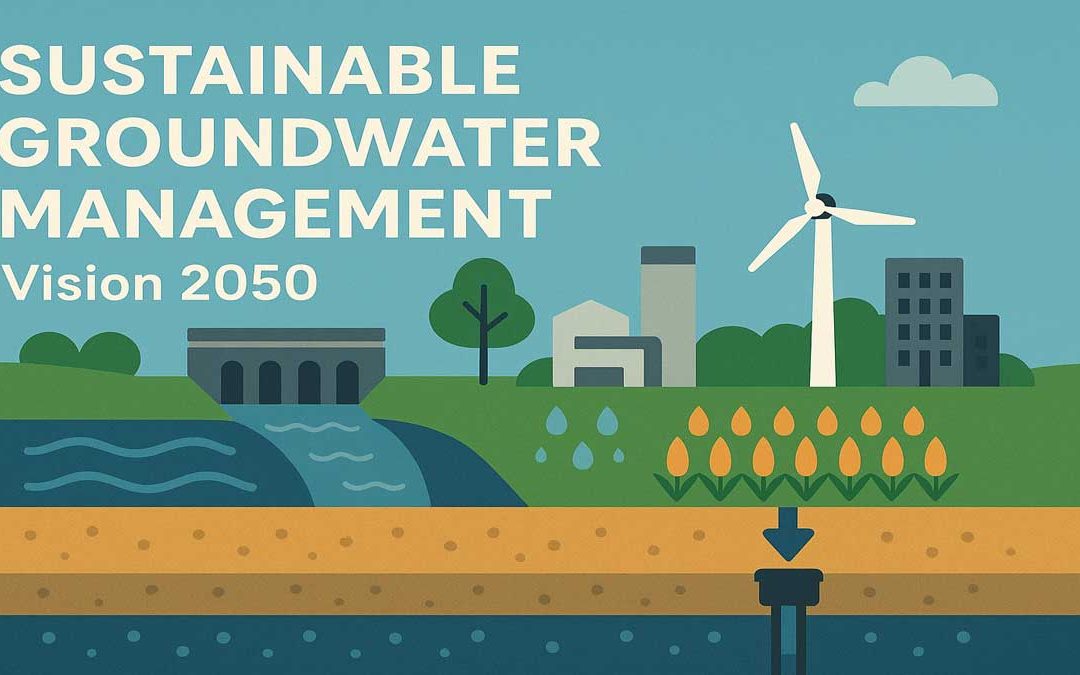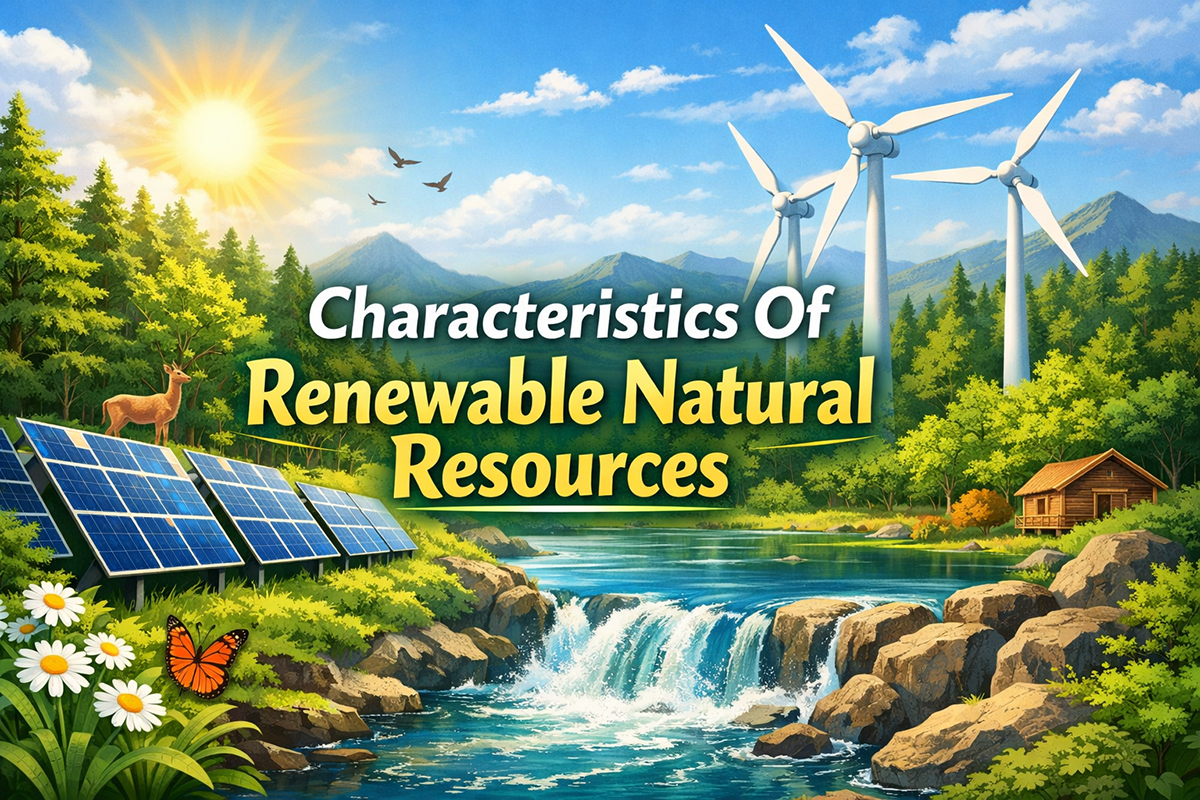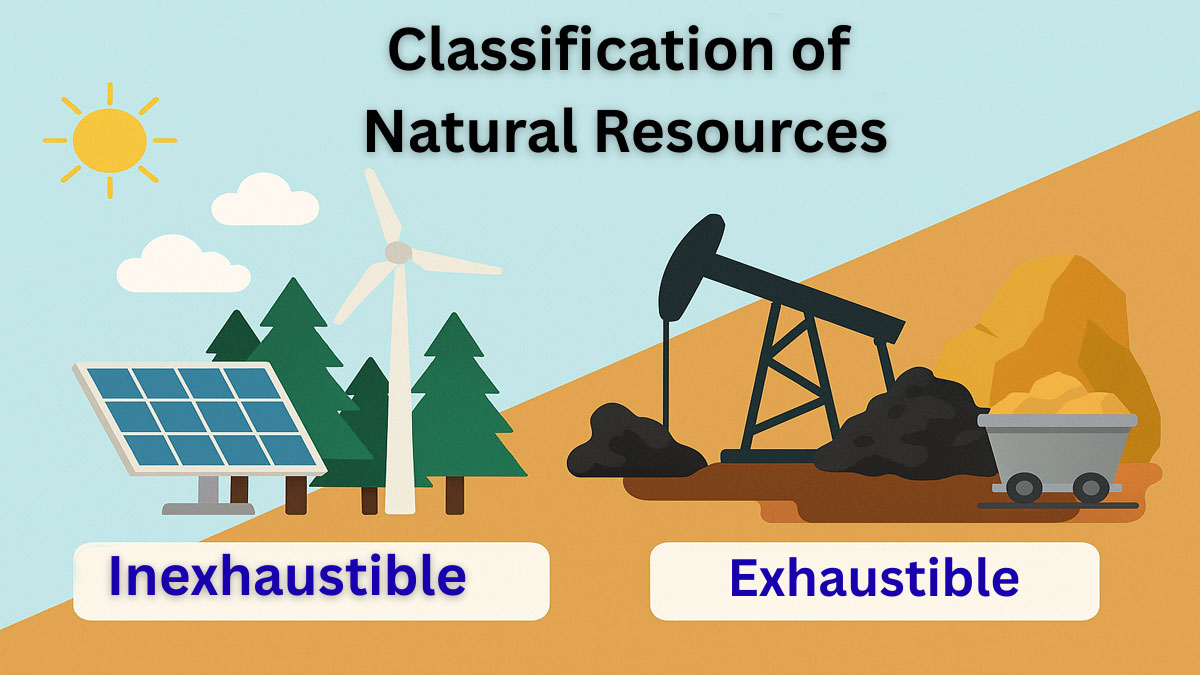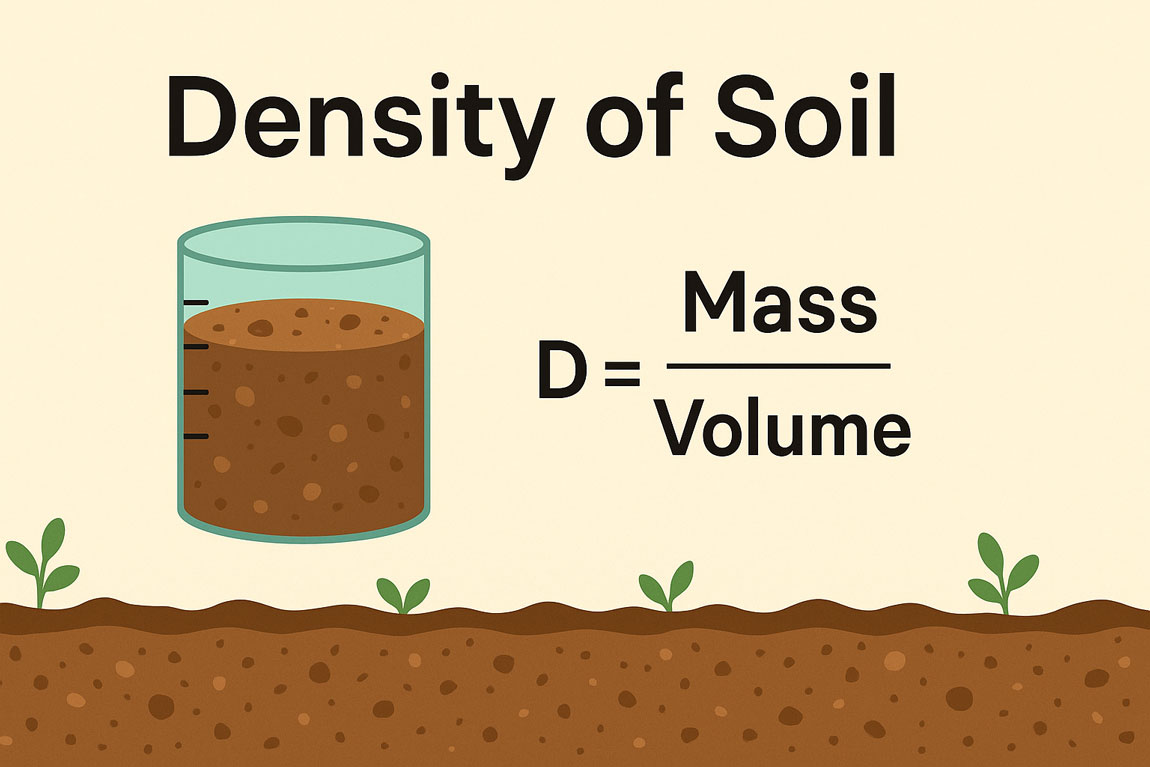Bangladesh heavily depends on groundwater for irrigation, drinking water, and industrial uses. However, overextraction, pollution, and poor governance have put this vital resource at risk. To protect water security for future generations, sustainable groundwater management must become a national goal.
Harnessing Surface Water to Reduce Groundwater Stress:
Although about half of the country goes underwater during the monsoon, the availability of surface water is very low during the dry season when water demand is the highest. The quality of river water is also deteriorating due to uncontrolled discharge of industrial wastes and poor sewerage conditions.
It is very important to harness surface water reservoirs for use in dry-season irrigation. Treated surface water can also be used for drinking water supplies. Increased use of surface water can reduce pressure on groundwater.
Improving Irrigation Efficiency for Sustainable Groundwater Use:
Current irrigation practices result in huge wastage of water, and a significant amount of water can be saved by improving irrigation efficiency. Improved methods, such as sprinkler and subsurface irrigation, may be used to save water. Low water-consuming crops can also be introduced, particularly in areas where groundwater levels are declining fast.
Monitoring and Regulating Groundwater Abstraction:
Groundwater abstraction is increasing every day without a proper management and monitoring plan. Conventional water pumps are becoming inoperative in many areas due to declining water levels and need to be replaced by alternative, expensive pumping technologies.
Groundwater governance is almost nonexistent in the country due mainly to a lack of proper institutional arrangements. There are rules, regulations, and policies to ensure proper management, but enforcement is lacking.
The current National Monitoring Network focuses mainly on the shallow aquifer, except in the coastal region. Multilevel monitoring should also include water quality alongside water level.
Preventing Groundwater Pollution through Abatement Measures:
Shallow groundwater is being polluted by various domestic and industrial sources. High population density, poor sanitation conditions, and uncontrolled waste disposal make shallow groundwater particularly vulnerable to pollution. Efforts combining awareness and legal aspects are needed for pollution control and abatement to protect groundwater.
Using Managed Aquifer Recharge (MAR) for Groundwater Sustainability:
Urbanization and other infrastructural developments reduce natural recharge significantly, resulting in groundwater over-exploitation or even mining conditions. Managed aquifer recharge (MAR) can be adopted to augment aquifers during monsoon when surface water is abundant.
However, proper national policy and guidelines are necessary to protect groundwater from being polluted by low-quality source water. In urban areas, MAR can augment declining groundwater resources as well as reduce waterlogging.
MAR can also be applied to improve shallow groundwater quality, such as reducing salinity and diluting natural or anthropogenic pollutants (Sultana et al., 2015). MAR is also a known tool for averting saltwater intrusion in coastal aquifers.
Wastewater Reuse in Sustainable Groundwater Management:
Bangladesh will have to adapt various water purifying technologies, including reverse osmosis for salinity removal. A paradigm shift in people’s perception about groundwater, which is now undervalued by the users, is necessary for the proper evaluation of the resource, out of sight, out of mind.
Recycle and reuse of wastewater has to be promoted by combining technological options and awareness of stakeholders. Regional cooperation on water has to be increased for basin-wide management by conjunctive management.
Raising Awareness and Promoting Water-Sensitive Design:
Full commitment toward adaptation to integrated water resources management needs to be ensured at all levels. Decentralized water management at the planning area or basin scales should be introduced.
MAR should be adopted at all levels to augment the declining water levels. Water-sensitive urban designs must be adopted and implemented for major urban areas and urban conglomerates to reduce the impacts of urbanization on groundwater.
Judicious Use of Deep Groundwater Resources:
The use of deep groundwater started as a source of freshwater in the coastal region, but abstractions increased significantly over the last two decades as a source of arsenic-safe water. There are risks of vertical and lateral ingression of arsenic-contaminated water if abstractions are not properly managed (Knappett et al., 2016).
Burgess et al. (2010) reported that the vulnerability of arsenic contamination of deep wells was controlled by the geometry of induced groundwater flow paths and the geochemical conditions.
Recent studies highlighted the need for judicious use, monitoring, tracer studies for understanding recharge mechanisms, and undertaking management plans aided by groundwater modeling studies for ensuring sustainable use of deep groundwater (Lapworth et al., 2018; Shamsudduha et al., 2019a, b).
However, due to its importance as a source of fresh and arsenic-safe water, Ravenscroft et al. (2013) suggested to continue using it even if it is unsustainable.
Reforming Groundwater Governance in Bangladesh:
Despite heavy reliance on groundwater resources, the status of management is in very poor condition. There are many agencies involved in groundwater development and management in the country.
Also, there exists a good set of policies, strategies, laws, and regulations to ensure the management of water resources. But most of the organizations, as well as legal instruments, put more emphasis on surface water. There is no law specifically to protect groundwater from overexploitation and contamination.
Bangladesh requires an effective groundwater governance mechanism to be spearheaded by an institution with legal authority and technical capabilities. Better Governance should be the main agenda for meeting the challenges of groundwater demand by 2050.
Research and Education for Sustainable Groundwater Management:
The main stresses on groundwater in Bangladesh are heavy pumping and risks of contamination. Courses on groundwater sciences need to be introduced at the tertiary level to produce more groundwater professionals.
The research institutes should be equipped with state-of-the-art laboratory facilities. Predictive groundwater modeling can aid in decision-making. The national monitoring system needs to be updated, along with open access to data for all users and interested parties.






